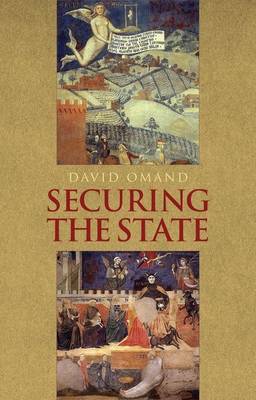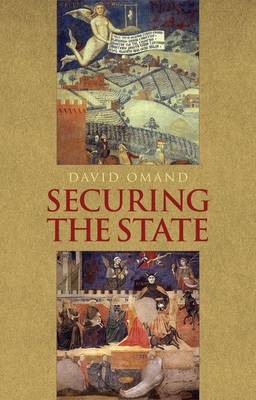
- Afhalen na 1 uur in een winkel met voorraad
- Gratis thuislevering in België vanaf € 30
- Ruim aanbod met 7 miljoen producten
- Afhalen na 1 uur in een winkel met voorraad
- Gratis thuislevering in België vanaf € 30
- Ruim aanbod met 7 miljoen producten
Zoeken
Omschrijving
Governments recognise that national security in the turbulent conditions of the early twenty-first century must centre on the creation of public confidence that normal life can continue even in the face of threats such as terrorism and proliferation, and of natural hazards such as pandemics and climate change. Based on his own experience in government, David Omand argues that while public security is vital for good government, the effects of bad government will result from failure to maintain the right relationship between justice, liberty, privacy, civic harmony and security measures. His book examines in detail how secret intelligence helps governments to deliver security, but also risks raising public concern over its methods. A set of ethical principles is proposed to guide intelligence and security work within the framework of human rights. Securing the State provides a new way of thinking about the cycle of activities that generates secret intelligence, examines the issues that arise from the way that modern intelligence uses technology to access new sources of information, and discusses how the meaning of intelligence can best be elucidated. The limits of intelligence in enabling greater security are explored, especially in guiding government in a world in which we must learn not to be surprised by surprise. Illustrated throughout by historical examples, David Omand provides new perspectives for practitioners and those teaching security and intelligence studies and for a wider readership offers an accessible introduction to pressing issues of public policy.
Specificaties
Betrokkenen
- Auteur(s):
- Uitgeverij:
Inhoud
- Aantal bladzijden:
- 288
- Taal:
- Engels
- Reeks:
Eigenschappen
- Productcode (EAN):
- 9780199327171
- Verschijningsdatum:
- 14/08/2014
- Uitvoering:
- Paperback
- Formaat:
- Trade paperback (VS)
- Afmetingen:
- 137 mm x 211 mm
- Gewicht:
- 417 g

Alleen bij Standaard Boekhandel
+ 85 punten op je klantenkaart van Standaard Boekhandel
Beoordelingen
We publiceren alleen reviews die voldoen aan de voorwaarden voor reviews. Bekijk onze voorwaarden voor reviews.











